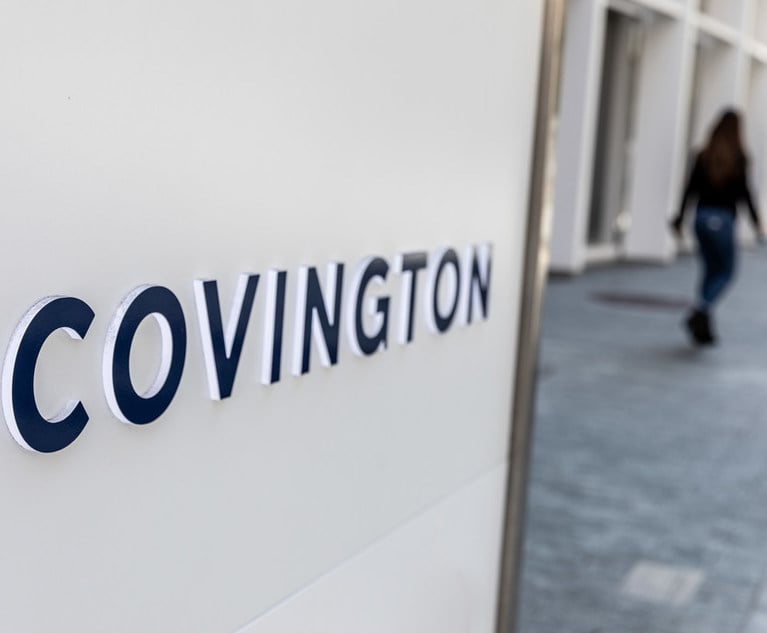Against the backdrop of broader shifts in capitalist incentives around the world, there are two movements underway to reform U.S. antitrust law. The first is a “technocratic” movement that focuses on strengthening existing antitrust laws and enforcement to improve consumer welfare, the central goal of U.S. antitrust policy since the 1980s. The second is a “populist” movement aimed at more fundamental changes to U.S. antitrust laws to achieve purposes beyond the scope of the consumer welfare standard. While academics and antitrust experts may debate the merits of each approach, the fact is that both are playing out now through legislative proposals, regulatory efforts, and enforcement actions—with real-world implications for corporate America.
This essay summarizes the key trends at play and offers six practical steps chief legal officers can take to get ahead of them. It also suggests that corporate executives and boards who view the role of a corporation through a stakeholder lens, and who take environmental, social and governance (ESG) matters seriously are better situated to deal with this new era of antitrust.


 Philip A. Giordano (left) partner with Hughes Hubbard & Reed and Paul Washington of The Conference Board. (Courtesy photos)
Philip A. Giordano (left) partner with Hughes Hubbard & Reed and Paul Washington of The Conference Board. (Courtesy photos)





